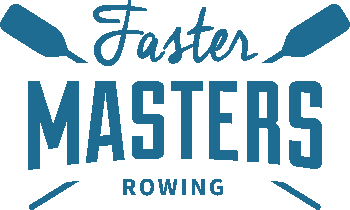Rowing your first 2- or 1x race, side by side in a regatta. What to expect and how to do better next time.
- What to do
- What to expect
- Recovering from mistakes
Timestamps
00:30 Why do people learn to row? At the start, few want to race.
02:00 Your first race. You may feel “on stage” at a race and there are eyes on you. The outcome doesn’t matter. It’s personal.
04:00 Learning in small boats 1x and 2- .
The boat is your coach it gives you feedback – you will learn steering, balance, run on the recovery. Learn delicate steps which you take into large boats. It’s the foundation to build your skills.
Your first race
06:30 What to expect at your first race.
Start by planning the race day. Get from the boat park to your race and back to the boat park. Write it down on paper. Start with getting the boat to the regatta, rigging it, checking your oars, have you got water bottle, how to get to the dock?
Getting into the boat on the dock; know the circulation plan, where the warmup area is. How much time do you need to allow to ensure you are at the start 5 minutes before your race? Backing into the start, turning the boat, what is your start sequence, do you need pushes, what are the marker points down the race course, what happens after the race, can you get back to the dock and how will you get the boat and yourself back to the boat park? Use this list to prepare yourself.
08:30 Do you know the course? Can you practice the day before? Take time without pressure to practice on the water. Is there current or stream? Take ownership of the water.
10:45 Make checklists of things you need from packing, things to take in the boat, Timings for starting your preparation, for your boating (getting on the water), warmup. Having a supporter to help you is good. You may have to wait in a queue for a while before you can get onto the water.
13:15 Type two fun – really hard while you do it and it’s great to talk about afterwards. Do you bring your family to come along?
The reality
15:15 What will actually happen?
You may be lucky and it all goes to plan. Plan for the unexpected. Because steering errors will probably happen. What about the person next to you – the crew next to you may interfere with your steering. Have a plan for what to do after interference. Try a rolling start to get boat speed back up after a mishap.
18:30 Marlene’s first race. She came off her seat.
Mike Teti said “It’s only a mistake if you do it twice.”
Enjoy it. Pick a local, familiar course which is manageable. Speak to someone who is more experienced – what could I have done in this situation? Learn from your experiences.
22:00 Trial practices to help you learn.
3x 1,000 meter pieces with three crews side by side run on Wednesday nights. The fastest person would go up one wave, if you were second you stayed in that wave for the next race; if you were third you dropped down to the next wave. Each wave gradually gets closer together in speed. Head race trial races done internally in your club. Learn how to race when around other boats. Get used to them being near to you. Learn how to call out to them for steering warnings. Practice steering small adjustments.
23:30 In a single scull you are your coxswain – make sure they have seen you if they steer close to you. Call early “Take a look”. They can make the steering adjustment. If you think you know what you want them to do say “Steer away” or “Steer to port”. You offer them a solution and they may just do it. Collision avoidance.


